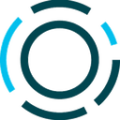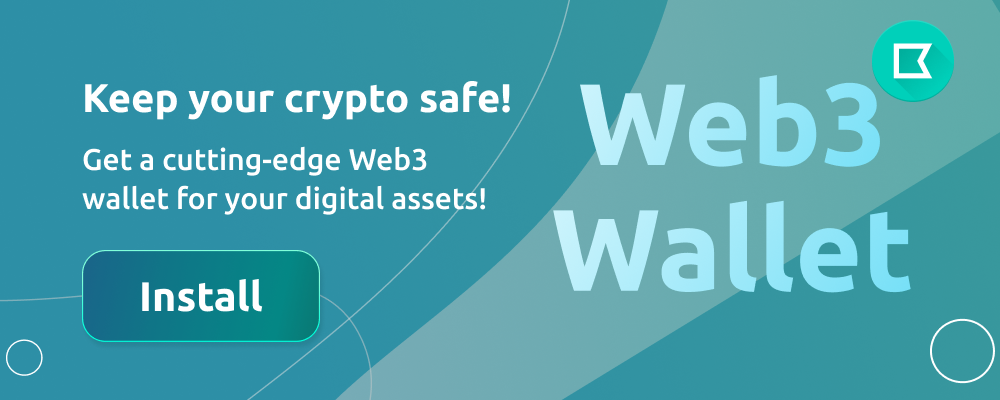

Aion (AION) Price and Review 2023
Aion (AION) is a third-generation blockchain platform designed to enable interoperability between different blockchain networks. Its focus is on creating a decentralized and scalable infrastructure that can support large-scale enterprise applications. Launched in 2018, Aion has gained popularity among developers and enterprise clients alike due to its focus on interoperability, scalability, and security. In this review, we will delve into the various features of Aion and analyze its strengths and weaknesses.
Interoperability
Aion's main focus is on interoperability, which means that it aims to enable communication and transactions between different blockchain networks. This is important because most blockchain networks are siloed, which means that they cannot communicate with each other. Aion's solution to this problem is to use a bridging mechanism that connects different blockchains. This enables users to move assets and data across different blockchains, making it easier to use blockchain technology for real-world applications.
Scalability
Aion's architecture is designed for scalability. It uses a multi-tiered blockchain architecture that separates the consensus mechanism from the application layer. This enables the platform to scale horizontally, by adding more nodes to the network. Aion also uses a Virtual Machine (VM) that supports multiple programming languages, including Java, Kotlin, and Solidity. This makes it easier for developers to build decentralized applications (dApps) on the platform.
Security
Aion takes security very seriously. The platform uses a hybrid consensus mechanism that combines Proof of Work (PoW) and Proof of Stake (PoS). This makes it difficult for attackers to control the network by attacking the consensus mechanism. Aion also uses a Byzantine fault tolerance (BFT) consensus algorithm that ensures that the network can tolerate up to one-third of the nodes being compromised. This ensures that the network can continue to operate even if some nodes are attacked.
Partnerships and Adoption
Aion has partnered with several leading companies in the blockchain space, including the Ethereum Enterprise Alliance, Blockgeeks, and Deloitte. These partnerships have helped to increase awareness of the platform and its capabilities. Aion has also been adopted by several enterprise clients, including Moog, a leading aerospace company, and the City of Vaughan, a municipality in Ontario, Canada. These partnerships and adoptions demonstrate that Aion is gaining traction in the enterprise space.
Aion Tokens
Aion tokens (AION) are the native tokens of the Aion network. They are used to pay transaction fees, incentivize nodes to secure the network, and provide a stake for nodes to participate in the consensus mechanism. AION tokens can be traded on several leading exchanges, including Binance and Bitfinex. The tokens have experienced significant price volatility since their launch, which is not uncommon in the cryptocurrency space. However, the long-term value of AION tokens will depend on the success of the Aion network and its ability to gain adoption among enterprise clients.
In conclusion, Aion is a promising blockchain platform that has gained popularity among developers and enterprise clients due to its focus on interoperability, scalability, and security. Its partnerships and adoptions demonstrate that it is gaining traction in the enterprise space, and its native tokens are traded on several leading exchanges. However, the success of the platform will depend on its ability to deliver on its promises and gain widespread adoption in the enterprise space.

I just wish its reputation would change soon.
Sound nice
I got some of this coin. I see that it shows a good growth and I hope it won't stop. It looks like a good investment so far.



